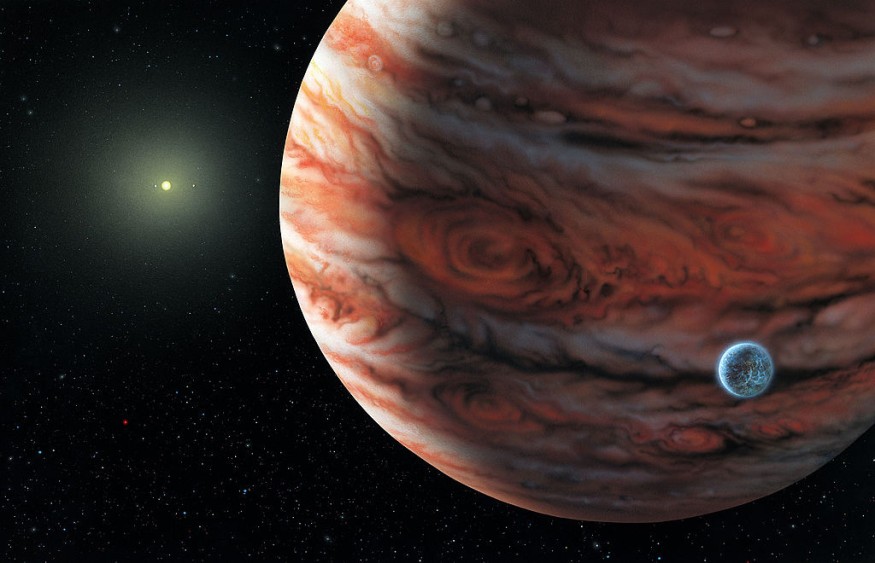Recent research studies show that Earth may become more habitable than it is right now if Jupiter's orbit shifts.
The distance between a star and a planet that revolves around it in a complete circle remains constant. However, most planets have oval-shaped "eccentric" orbits around their stars.
Forbes said the climate changes as the planet approaches its star and absorbs more heat.
Jupiter's Orbit Shape Plays an Overlooked Key Role on Earth
Researchers from the University of California, Riverside (UCR) used complicated models based on knowledge from the solar system as we currently understand it to create an alternative solar system.
They found that in this hypothetical system if enormous Jupiter's orbit were to become more eccentric, this would lead to significant changes in the form of Earth's orbit.
"Many are convinced that Earth is the epitome of a habitable planet and that any change in Jupiter's orbit, being the massive planet it is, could only be bad for Earth," said Pam Vervoort, lead study author and UCR Earth and planetary scientist per SciTechDaily.
"We show that both assumptions are wrong."

The Earth's surface may support various known living forms between 0 and 100 degrees Celsius (32 and 212 degrees Fahrenheit).
Parts of the Earth might occasionally move closer to the sun if Jupiter has caused Earth's orbit to become more eccentric.
Currently, subfreezing regions of the Earth's surface would warm, bringing temperatures into the livable range.
Scientific Presumptions
This conclusion challenges two long-held scientific presumptions about our solar system, which were published on September 8 in the Astronomical Journal.
According to Vervoort, many people are persuaded that Earth is the model for a livable planet and that any modification to Jupiter's orbit, given Jupiter's size and mass, could only be detrimental to Earth. Researchers disprove both of these presumptions.
Applying this finding to the hunt for exoplanets-habitable worlds that orbit other stars-excites the researchers.
The orbit of a planet may be determined with current telescopes. The degree to which a planet is inclined toward or away from a star is another variable that may impact habitability. Since it was tilted away from the star, it would receive less energy, making that part of the planet colder.
According to the same study, the Earth would tilt significantly if Jupiter were positioned much closer to the sun. The effect would be widespread subfreezing of the Earth's surface.
In order to determine tilt and planet mass, which are more challenging to quantify, the researchers are working to create techniques.
In the end, it is crucial to comprehend a huge planet's motion to anticipate whether planets in other systems will be habitable and to determine its effect on our solar system.
It's critical to comprehend how Jupiter has affected Earth's climate over time, how its alteration of our orbit has affected us in the past, and how it may influence us again in the future, according to Kane.
RELATED ARTICLE : Planet Earth's Evolution Every 200 Million Years Brings Geological Changes As It Spirals Around the Solar System
Check out more news and information on Space in Science Times.












